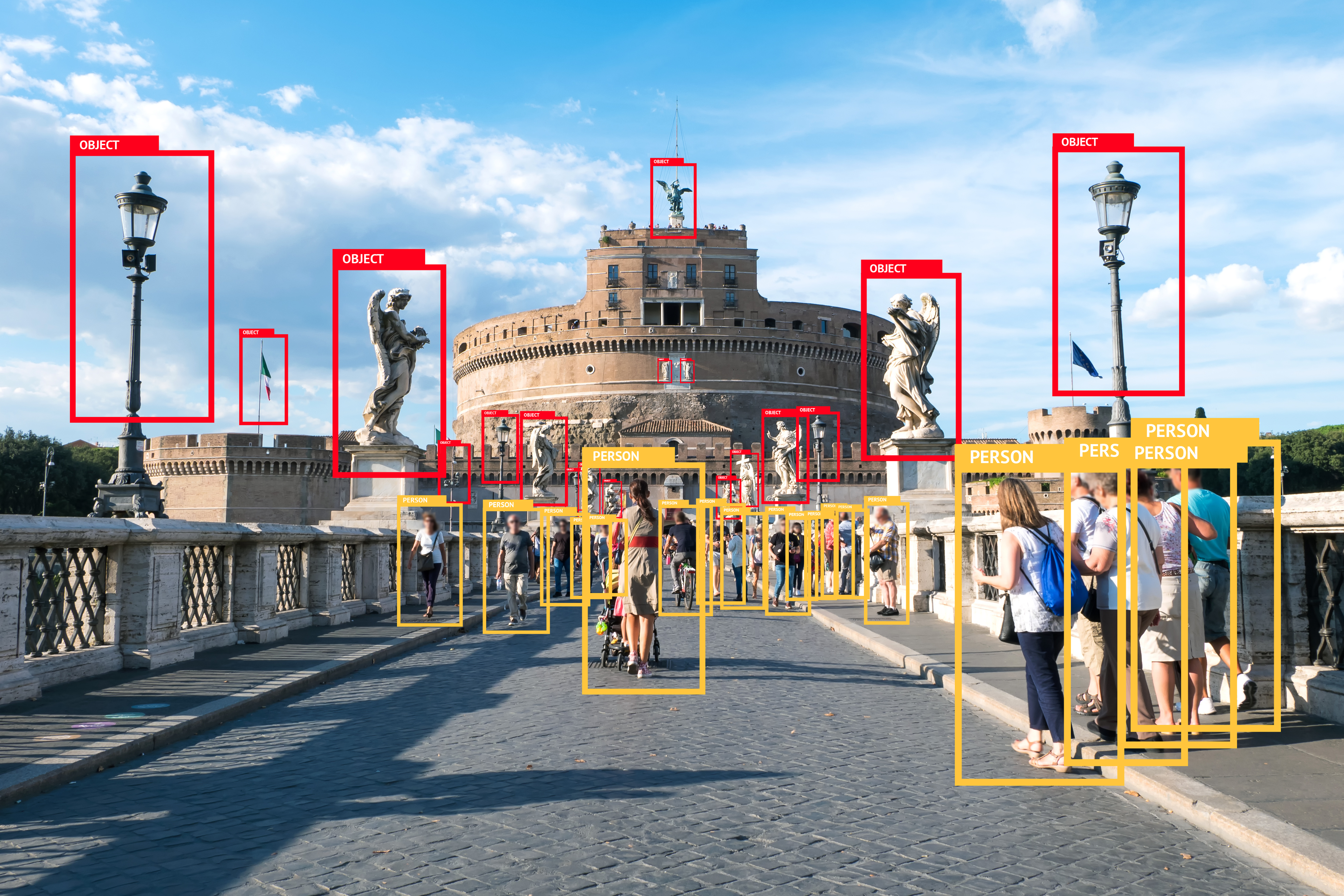Machine Learning: Some Likely Developments in 2018

There will be other anxieties about machine learning in 2018. The BPO industry will feel the impact of chatbot deployment, and the initial impact from autonomous vehicles on the trucking industry may also begin to be felt in 2018.
The biggest and most important trend in 2018 will be the transformation of machine learning practice from a hand-crafted ad hoc operation to a more systematic and automated process. Data preparation, exploratory analysis, and model fitting will all be done using visual platforms that will reduce the importance of coding, and place more emphasis on the ability to formulate business problems and the understanding of techniques. The adoption of comprehensive data science platforms and the reduced importance of coding will mean that domain experts, rather than professional data scientists, will be able to do a lot of sophisticated analysis. The role of machine learning engineers will change, and they will work in a team with domain experts where they will function less as end-to-end developers, and more as technical consultants.
Deep learning will continue to be the most important machine learning technology in 2018. It has had its biggest successes in image and video analysis and natural language processing so far, but as the technology becomes more commoditised, it will make inroads in more and more application areas. For instance, deep learning powered robots from start-up Marble are already making food deliveries in San Francisco. Another start-up, Berkeley Lights is using deep learning to discover new drugs. Yet another California start-up Gumgum uses deep learning algorithms to “understand” images, and insert “related” advertisements. Such examples will get more numerous in 2018, as deep learning spreads across many industries.
Natural language processing will be the most used application area for machine learning in 2018. Advances in NLP will drive the adoption of chatbots in customer facing roles in many businesses. This trend has already started and it will be a highly disruptive influence on the BPO industry, as more and more businesses turn over their first responder role in their customer care system to bots. NLP and deep learning will also improve the performance of personal assistants, and they will become as widely used as map navigation or scheduling apps on smartphones. NLP will also provide us with the means to produce summaries and translations of narratives, and will also be used to generate news reports.
A quite different trend that will gather steam in 2018 is the widespread worry about adverse social implications of machine learning and the necessity to reverse them. The machine learning community has recognised the existence of racial, ethnic, gender and other biases in machine learning systems, and is working to develop methods to eliminate such biases. A related issue that is also receiving a lot of attention is the need for machine learning systems to become more “interpretable” if they are to find wide social acceptance. For instance, clinical machine learning methods will need to explain their diagnoses to doctors and patients alike, credit granting systems need to justify their decisions to consumers and regulators, and machine learning systems for government and forensic use must be based on transparent reasoning that will stand up to legal scrutiny.
There will be other anxieties about machine learning in 2018. The BPO industry will feel the impact of chatbot deployment, and the initial impact from autonomous vehicles on the trucking industry may also begin to be felt in 2018. Factory jobs will continue to suffer the negative impact of robot deployment. All this will cause rising apprehension about machine learning taking away jobs from people, and the consequent harm inflicted upon the economy.
—————————————————————————————————————————————
SP Jain currently offers full-time and part-time programs in Machine Learning to help you develop the skills you’ll need to explore rewarding careers in this evolving technology.
ABOUT THE AUTHOR: Dr. Debashis Guha (Director – Machine Learning)

Dr. Debashis Guha has more than two decades of experience in data analytics and machine learning, with an emphasis on economic and financial applications. He is the founder and CEO of a Bangalore based data analytics company, and has consulted for governments, central banks, multinational corporations and financial institutions across the world, and has taught in both USA and India. Dr. Guha is a graduate of IIT Kharagpur, and has a PhD from Columbia University in New York
This article was originally published in BW Disrupt on December 26, 2017.

